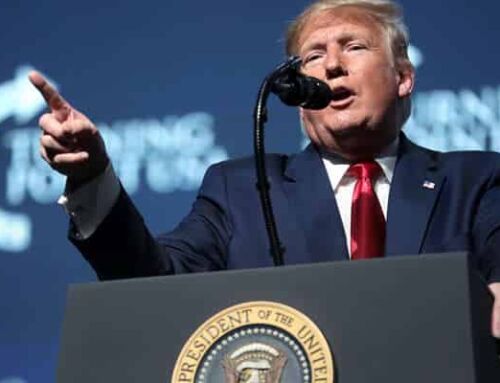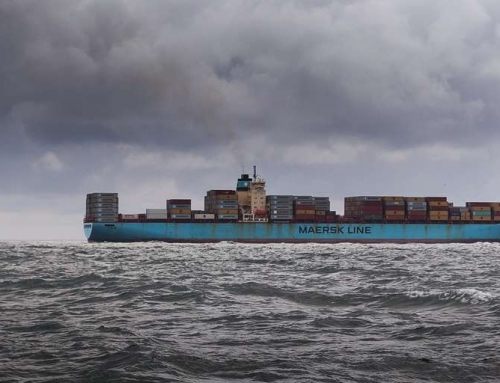From March 2013 to May 2015, the megabank used its affiliate, Morgan Stanley Equity Financing Ltd., to serve as a client to its U.S. securities brokerage, the SEC said. In doing so, the affiliate could use funds from the brokerage, or broker-dealer, to finance its trades. The only problem: The broker-dealer’s customer deposit reserves are required to be maintained at a certain level, in case customers want to pull out their money — in, say, the case of bank failure — and Morgan Stanley’s maneuver depleted the pool of readily available customer money “by tens to hundreds of millions of dollars per day,” the regulator found.
Morgan Stanley violated the SEC’s nearly half-century-old Customer Protection Rule, which “establishes crucial safeguards for investors” by ensuring their money is kept safe by broker-dealers, Michael Osnato, head of the Complex Financial Instruments Unit of the agency’s Enforcement Division, said in the SEC news release. The rule, according to the SEC’s site, states a brokerage “may not use customer property as a source of working capital for its operations” — in short, exactly what Morgan Stanley did.
“Complex trading schemes designed to artificially reduce the amount a broker-dealer must maintain in its customer reserve account run contrary to these basic obligations,” Osnato said.
Morgan Stanley is not the first to circumvent the rule, and its $7.5 million fine pales in comparison to that of Bank of America’s Merril Lynch brokerage unit, which had to cough up $415 million in June after it put $5 billion to $58 billion worth of customers’ assets at risk over a span of six years.
The announcement of Merrill Lynch’s settlement coincided with the SEC’s unveiling of a new initiative to combat “historical or ongoing violations” of the rule, an SEC news release said, calling for whistleblowers within broker-dealers to flag illegal behavior. SEC Enforcement Director Andrew Ceresney said in a conference call the move likely pleased investors, as Bank of America’s trades ultimately gave its affiliate “interest-free loans of customer money,” Wall Street Journal reported.







